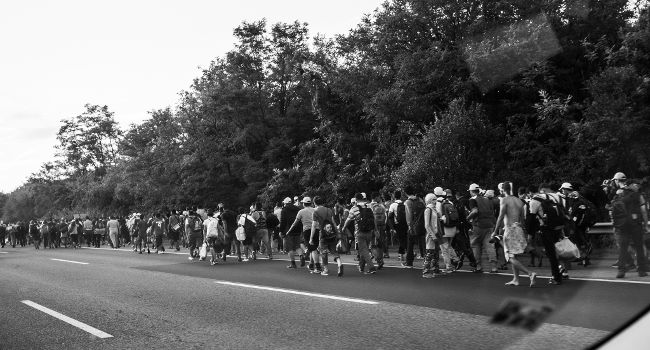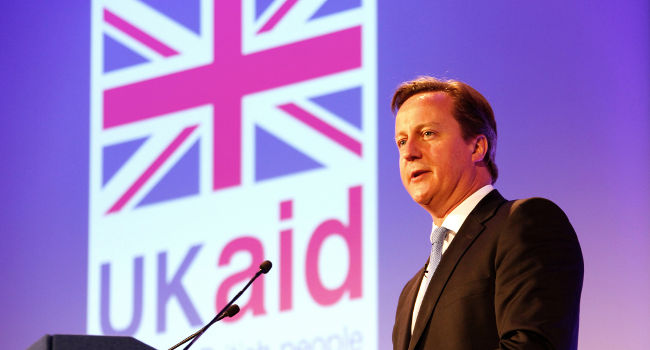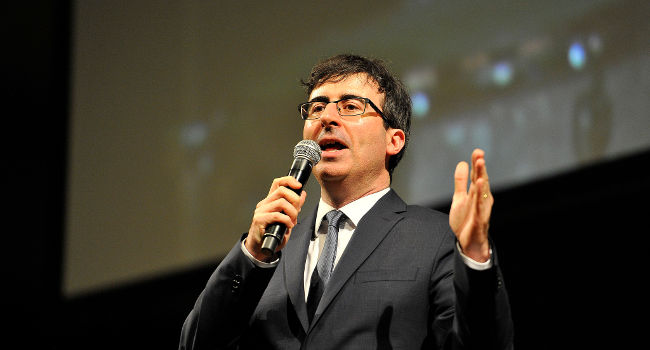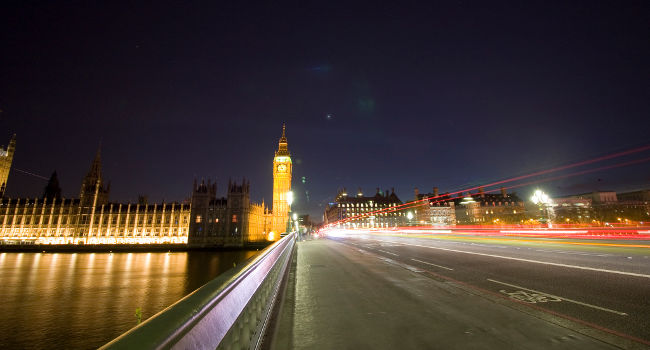Rent-a-gob Katie Hopkins said there would be “no silencing” her in the wake of a petition to swap her for some of the 50,000 refugees she sweepingly termed “cockroaches” in a column for the Sun earlier in April.
The “television personality” took to Twitter to criticise the response to the images of dead Syrian toddler Aylan Kurdi last week, arguing that Britain was not thinking with its head over pressure to take in more migrants from the strife-ridden regions of North Africa and the Middle East.
When it comes to refugees, Britain is thinking with its heart not its head. That’s like dancing with your elbows #refugees
— Katie Hopkins (@KTHopkins) September 7, 2015
Thank you for all the kind emails and letters. Fear not! I will have my say. There is no silencing the old bat #refugees — Katie Hopkins (@KTHopkins) September 7, 2015
Some 57,000 have signed the Change.org petition to swap Hopkins for the migrants only five days after it was created by the freelance journalist Ben Fletcher.
Writing in an update on Monday, he said:
“Everyone is entitled to an opinion, but I am sure that we can all agree that Hopkins should probably see someone about hers – perhaps a doctor. [We have] 56,000 [signatures] and counting. It is going well, but 44,000 are still required for the most amusing news headline of the year to take place: PARLIAMENT CONSIDER DEBATING SWAPPING KATIE HOPKINS FOR 50,000 REFUGEES.”
If a petition on the Parliament.UK website reaches 100,000 signatures the House of Commons is obliged to consider it for debate in Parliament. However this obligation seemingly does not apply to petitions on other websites.
After Hopkins published the piece she was questioned by police over incitement of racial hatred allegations, though no charges appear to have been brought since.
Even the United Nations heaped criticism on the media slut in the wake of the piece, with the human rights chief Zeid Ra’ad Al Hussein comparing the language she used to that used by the Nazis, thus violating Godwin’s Law and instantly losing the argument.
Though Hopkins rowed back somewhat on her comments, she stood by the essence of the message, which according to her “isn’t about the idea that we want to see migrants and people suffering, it’s an idea that we need to find solutions to problems.”
Right.
Image Credit – Cockroaches, February 2014 by USGS Bee Inventory and Monitoring Lab




